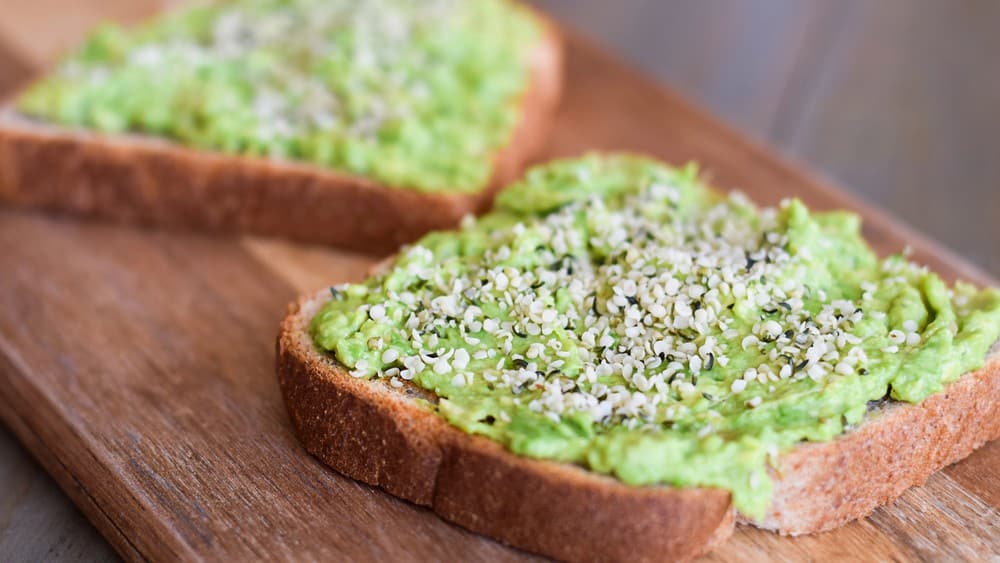
The urbane experience of enjoying avocado toast at Sunday brunch is now closer to the world of Taylor Sheridan’s drug cartel thriller Sicario. Last year, we discussed the how the Mexican avocado industry is exposed to cartel violence and efforts to control a legal commodity. The industry that underpins avocado toast as a café delicacy was already exposed to organized crime. Now, in the era of Trump 2.0, the next bite of avocado toast or Superbowl chips and dip will likely be material support for terrorism. On the day of his inauguration, Trump signed an executive order designating Mexican drug cartels as terrorist organizations. For avocados, and anything grown or manufactured in Mexico, this changes everything.
On the surface, designating cartels as terrorists make all the sense in the world from the standpoint of national security. After all, cartels have engaged in beheadings, just as the worst jihadist groups in the Middle East have done. At the same time, there are two fundamental differences that make Mexican cartels different. The first is that cartels, like any business, are driven by market demands for drugs, human trafficking, and illicit weapons. Terrorists are motivated by an abstract cause. So long as those markets that support the cartels exist, they will remain viable. Markets mean cash, and cash allows the cartels to coopt and corrupt multiple businesses and officials in Mexico. Herein lies the problem.
According to Transparency International, more than one out of three public servants in Mexico were paid a bribe at some point over the past year. Cartels are the fifth-largest employer in the country, and are involved in even the most prosaic of industries. While Hollywood fiction and real life news respectively embellish and show the flashier and deadlier aspects of the cartels, they are also involved in providing internet service, the timeshare industry, black market fuel and energy, agricultural products such as poultry, tortillas, and eggs, and public transit. One cartel even controls one of Mexico’s largest ports on the Pacific. Combined with a number of front companies in the pharmaceutical industry, avocados are but one part of the cartels’ diverse and thriving portfolio.
For any American business working in Mexico, the likelihood of brushing past cartel interests is high or inadvertently doing business with a cartel-affiliated industry. Trump’s new executive order builds upon a little-known order mandate Executive Order 13224 from 2001 titled “Blocking Property and Prohibiting Transactions With Persons Who Commit, Threaten to Commit, or Support Terrorism.” This means a small business or grocery chain buying avocados from Mexico could be charged with financing terrorism. Welcome to the new world of conflict guac.
For businesses working in Mexico, any contract with a supplier, permitting authority, subcontractor, internet provider, or labor union may open up potential charges related to terrorist financing. This is geopolitical risk at its finest. The only thing that separates this geopolitical risk from corporate scandal, fines, and potentially prison, is an investigation and willing prosecutor.
For grocery chains relying on Mexican avocados to stock their shelves, they are faced with a serious supply chain crisis. Mexico’s avocados have an 81% share of the US market. This means that café-goers at Sunday brunch are likely taking a bite of a commodity tied to terrorism. And for the grocery chains and restaurants selling and serving them, it means they are likely financing terrorism. And with US tariffs set to go into effect on Mexico, doing business across the border is significantly more complicated.
Companies in even the most basic and mundane industries need to engage in systematic due diligence investigation of their supply chains, and employ a designated risk officer at the executive level who can monitor these risks and work with general counsel to navigate these threats.
For companies caught in the midst of this changing landscape, they should immediately undertake a screening of their supply chain partners for illicit ties, find alternative suppliers, and engage in active de-risking while monitoring Mexico-related legislation and executive action.
Everyone knows that where you do business matters; what is less understood is that where you do business can change without relocating. Law, politics, crime, and culture change around business all the time. For avocado toast, it is a brave new world.



